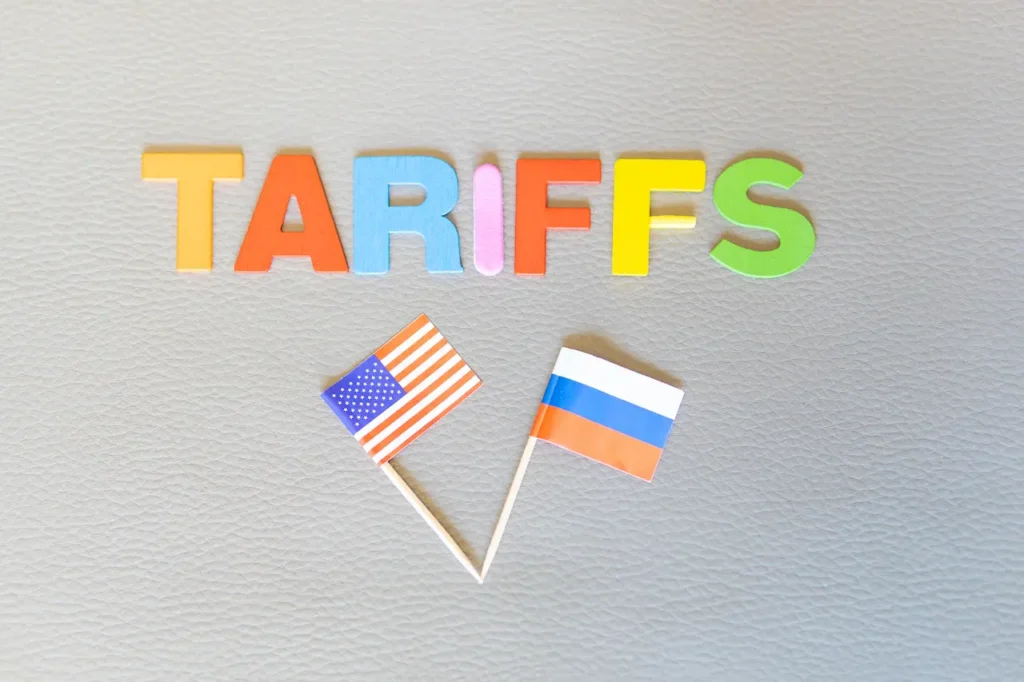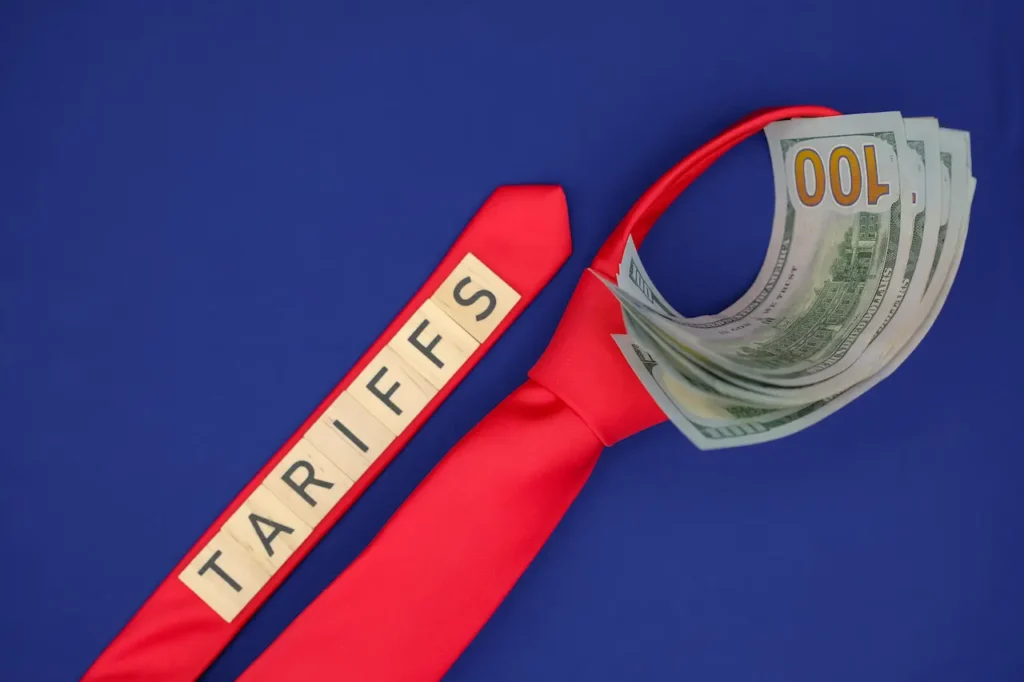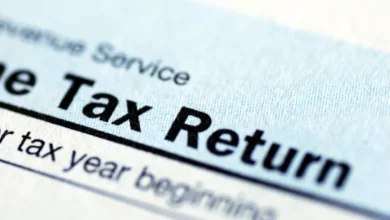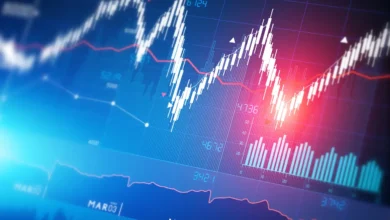How Are Trumps Tariffs Going to Impact You?
How Are Trumps Tariffs Going to Impact You?: A Wake-Up Call for Your Investments
The ongoing effects of global economic policies, including Donald Trump’s trade tariffs, continue to have a profound influence on markets worldwide. In an insightful interview with ABC Radio, financial expert Mellado discussed how investors can navigate these uncertain times, particularly when it comes to adjusting investment strategies in the face of tariffs and market volatility. Here’s a closer look at the key points that came out of the conversation.
Why You Should Consider Quality Stocks in Volatile Markets: Trumps Tariffs
Mellado highlighted an essential principle for investors looking to weather the storm in turbulent times: the importance of quality shares. When markets become shaky, stocks of high-quality companies—those with strong track records and established positions- tend to perform better. This is because investors naturally seek out safer options when they’re feeling nervous.
He explains that when the market starts to bounce back from a downturn, people typically look for the most reliable stocks to invest in. “They’re not going to buy high-risk shares,” Mellado says. “They’re going to buy the well-known names.” In other words, stable companies are often the first choice for investors looking to re-enter the market after a rough patch.

Defensive Stocks: A Safe Bet During Market Slumps
Mellado also pointed out that certain stocks, known as defensive stocks, have the unique ability to perform well even when the broader market is struggling. Take companies like Telstra and Woolworths, for instance. While these stocks may not have been rock stars in terms of growth over the past couple of years, they’ve held their value and even appreciated recently as the market has dipped.
Why? Defensive stocks are essential services. Whether it’s purchasing groceries from Woolworths or picking up medicine at Chemist Warehouse, consumers continue to rely on these businesses regardless of the economic climate. As Mellado explains, “You don’t stop shopping at Chemist Warehouse, you don’t stop shopping at Woolies.”
For investors with defensive stocks in their portfolios, these shares can act as a solid foundation during times of uncertainty, helping to maintain their portfolio’s overall value.
Capital Recycling: How to Seize New Opportunities
What if you’ve got your eye on some higher-performing stocks, like ResMed, but you don’t have the cash to purchase them? Mellado suggests a strategy known as capital recycling. In simple terms, it’s about selling some of your defensive stocks, those that have maintained or grown in value, and using that capital to invest in higher-growth opportunities.
By carefully reallocating your assets, you can position yourself to benefit from stocks that are temporarily undervalued but have strong future potential. Mellado advises working with an advisor or making small adjustments on your own to gradually shift into stocks that may outperform as the market recovers.
This strategy allows you to be well-positioned for the inevitable market upturn. As Mellado puts it, “When the markets start to perform again, you’re in some really good high-performing stocks, and your capital goes up.”
Preparing for Retirement in a Turbulent Economy
For those nearing retirement, the conversation shifted to retirement planning in an uncertain world. Mellado emphasized that investors nearing or in retirement need to approach their portfolio management with a more conservative mindset. His advice? Build liquidity.
As markets experience volatility, especially due to ongoing global tensions and economic policies like Trump’s tariffs, it’s crucial to have cash on hand. This is particularly true if you’re in pension phase, where you need to draw from your superannuation or retirement accounts. Mellado explains, “If things get crooked, you want to have cash reserves in place.”
Having a strong cash buffer gives you the flexibility to ride out any economic downturn without being forced to sell your investments at a loss. It ensures that you can meet your living expenses even if the markets fall 30-40%.

The Case for Cash: Why It’s Not Such a Bad Option
Unlike the past two decades, where interest rates were historically low and cash didn’t offer much of a return, Mellado points out that the current economic environment is different. With interest rates on the rise, cash deposits now yield between 4-5%, something investors haven’t seen in years. “You’re not being penalized for keeping money in cash,” Mellado says. “It’s not such a difficult decision after all.”
This is a key takeaway for anyone nearing retirement: holding cash now can work in your favor, especially if it offers a better return than you might get from other low-risk investments. By holding cash, you have the flexibility to act when opportunities arise or wait for markets to stabilize.
Final Thoughts
In today’s unpredictable global economy, shaped by things like Trump’s trade tariffs, investors need to be strategic, especially when navigating volatile markets. Mellado’s advice is clear: focus on quality shares, consider defensive stocks, and, if you’re approaching retirement, build a portfolio with ample cash reserves. In a world where uncertainty is the only certainty, these moves can help safeguard your financial future.
For anyone looking to stay ahead in these turbulent times, adjusting your investment strategy and making calculated decisions based on long-term goals is essential. Whether you’re a seasoned investor or someone just starting out, Mellado’s insights offer valuable guidance on how to not only survive but thrive during uncertain economic periods.





